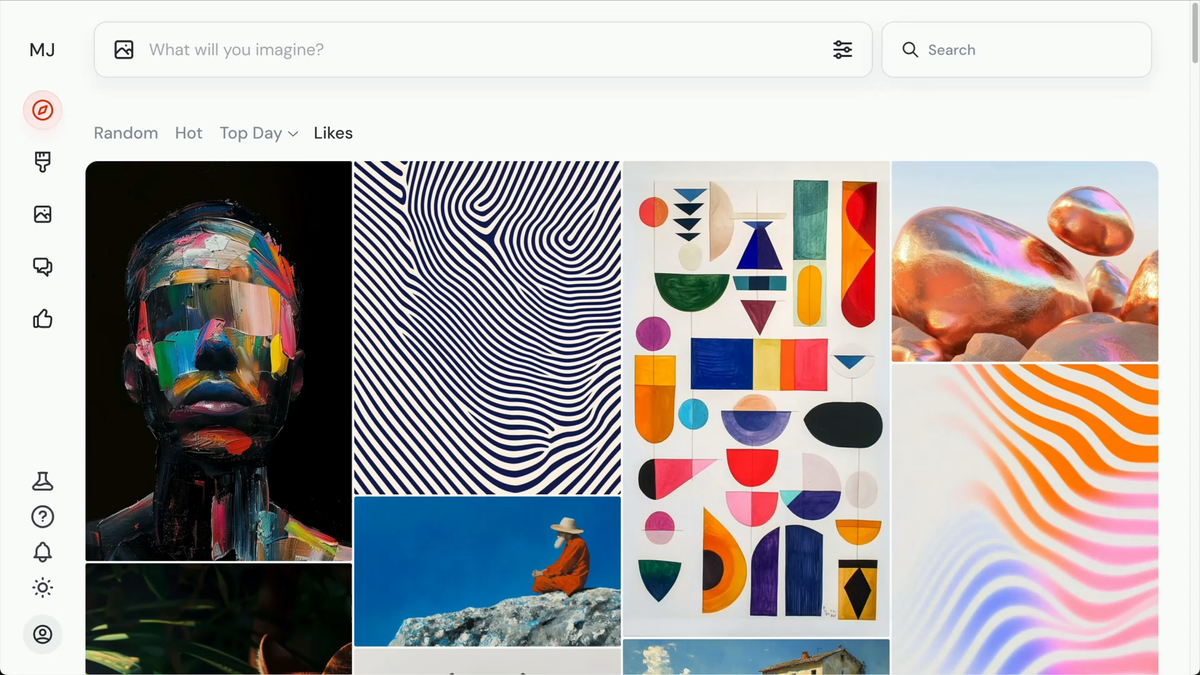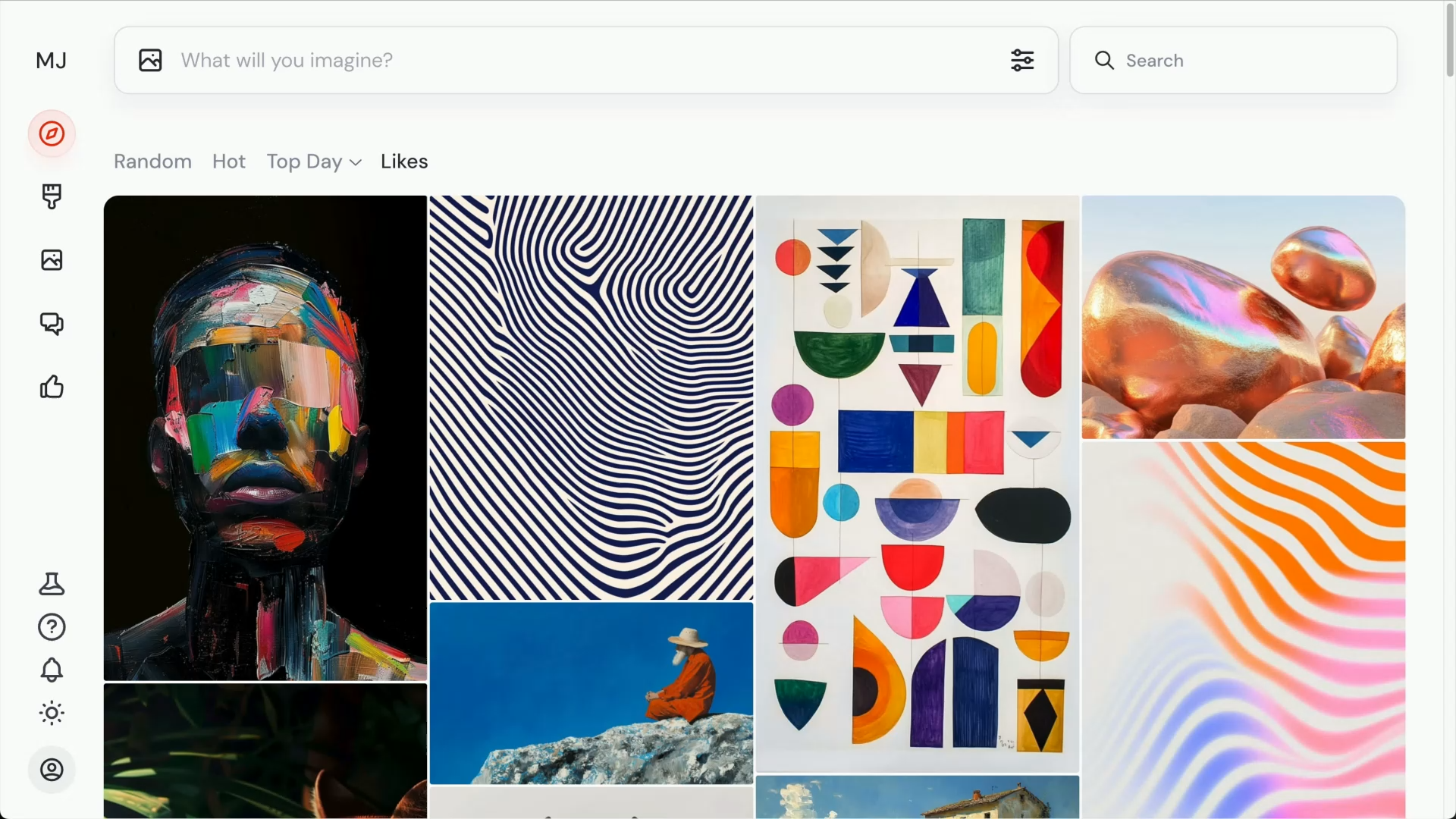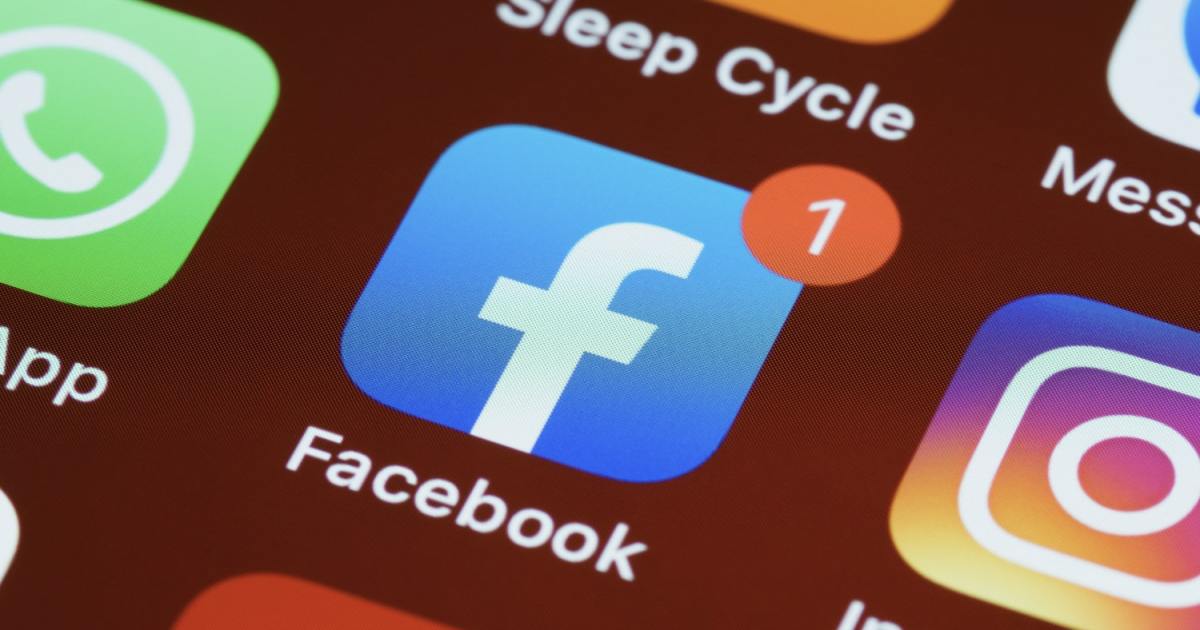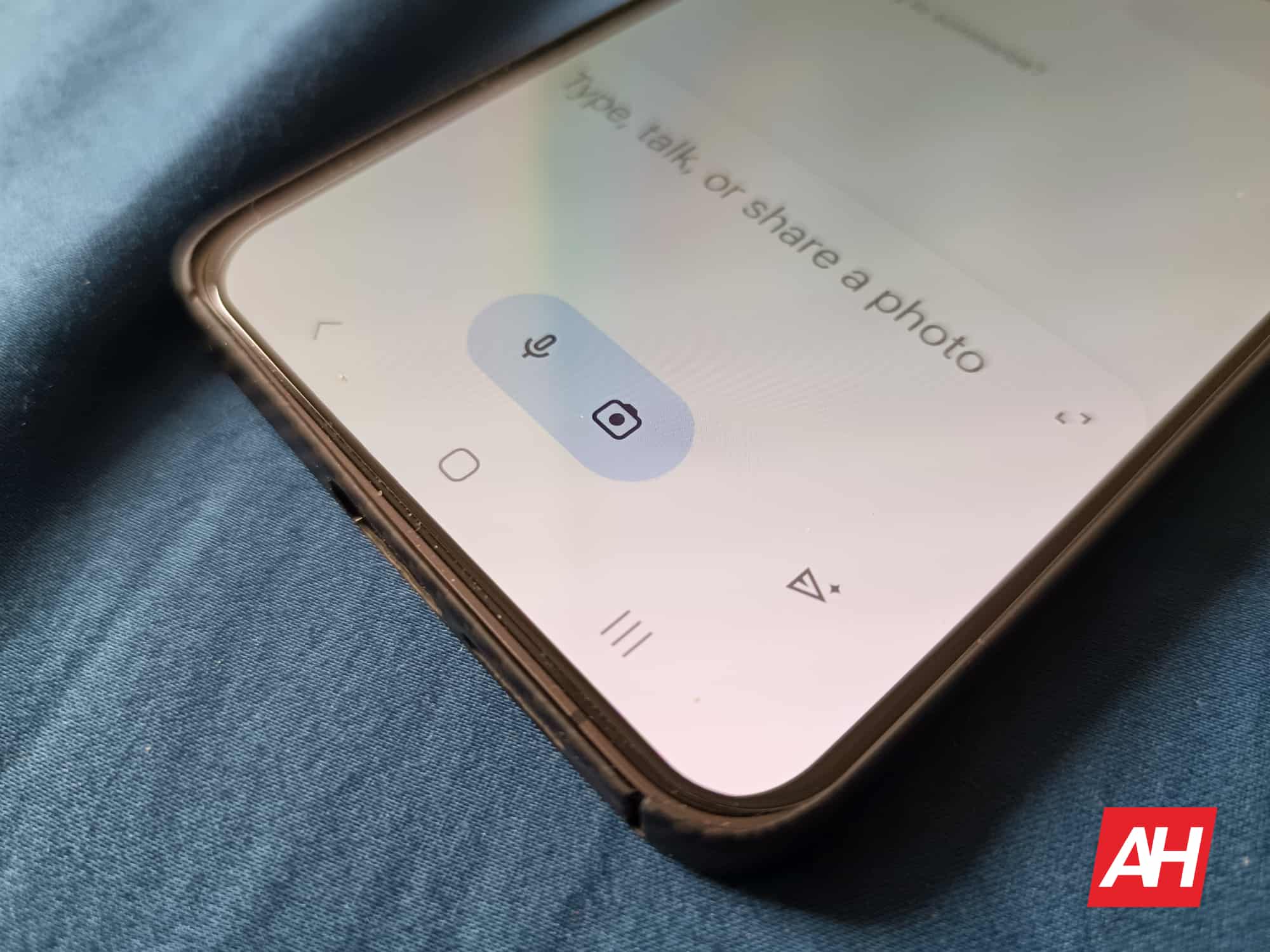Midjourney’s AI image creator is adding major new editing options to its platform, as announced by CEO David Holz on Discord. You’ll be able to edit an uploaded image using generative AI, as you could only do with images that AI has created until now. Notably, this will be a web-based tool, expanding Midjourney’s Discord-centered and exclusive features.
While AI editing tools for images have been around for a bit, they are almost always restricted to images created with the same AI model doing the editing. Midjourney is taking the leap into allowing you to edit an image you want to edit rather than having the model make the initial creation.
That’s technically impressive since it means the model must understand more about an image that it didn’t design from scratch. However, it may also be risky since other models may have held back from providing it as an option due to concern over people using it to mess with pictures of real people without their permission or to employ the AI for less-than-benevolent purposes.
Once the image is uploaded, you can edit it in several ways. You can zoom in or out, adjust the angle, and otherwise play with the image without needing Discord and with just a single command. You can also use a digital brush for inpainting, allowing for more precise modifications. The most notable new element is the Retexture feature, which lets you precisely alter colors and other details while keeping the image’s shapes and objects intact.
Midjourney Edits the Future
Questions about the ethics of the creation and editing of AI images have led to heated debates, lawsuits, and other arguments. That makes Midjourney’s decisions important for how its rivals and regulators figure out rules to set up internally and for the industry. Midjourney has agreed to embed metadata in AI-generated images so that they can always be identified, though not the more comprehensive C2PA standard as of yet. These are issues that Midjourney is well aware of.
“Because these new features are so powerful we’re going to restrict the deployment of them to a subset of the current community and increase our human moderation over the outputs (there’s also new more advanced AI moderators which we feel will do a great job),” Holz wrote. “Honestly, we’re not sure how to precisely restrict deployment of this feature, so we want to put a survey out there and get your opinions. We’ll use these results to calculate what percentage of the userbase we’ll reach with different restrictions and try to balance accessibility vs volume.”
For the average user, the ability to easily manipulate images with AI could make using Midjourney more appealing and make photo editing a lot easier. And as AI image makers become more common Midjourney wants to be more accessible. That’s why the company decided to abandon Discord as its only outlet, though it’s still a major center for the company’s creations. Midjourney likely doesn’t want to be left out simply because some don’t want to sign up for Discord.







































































































































































You must be logged in to post a comment Login